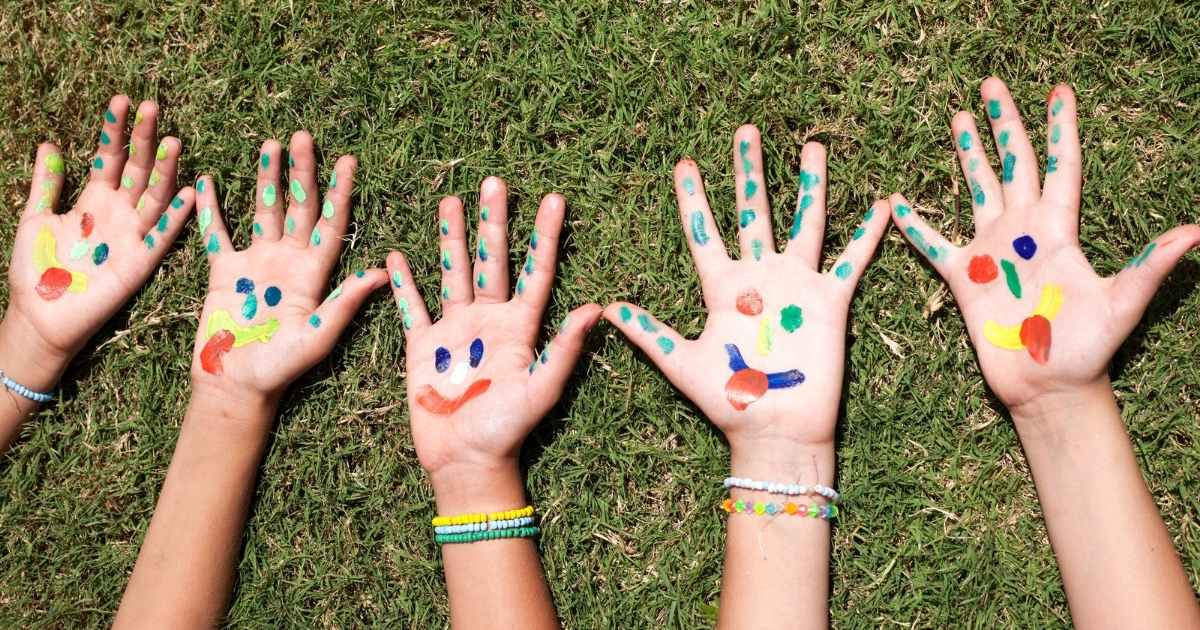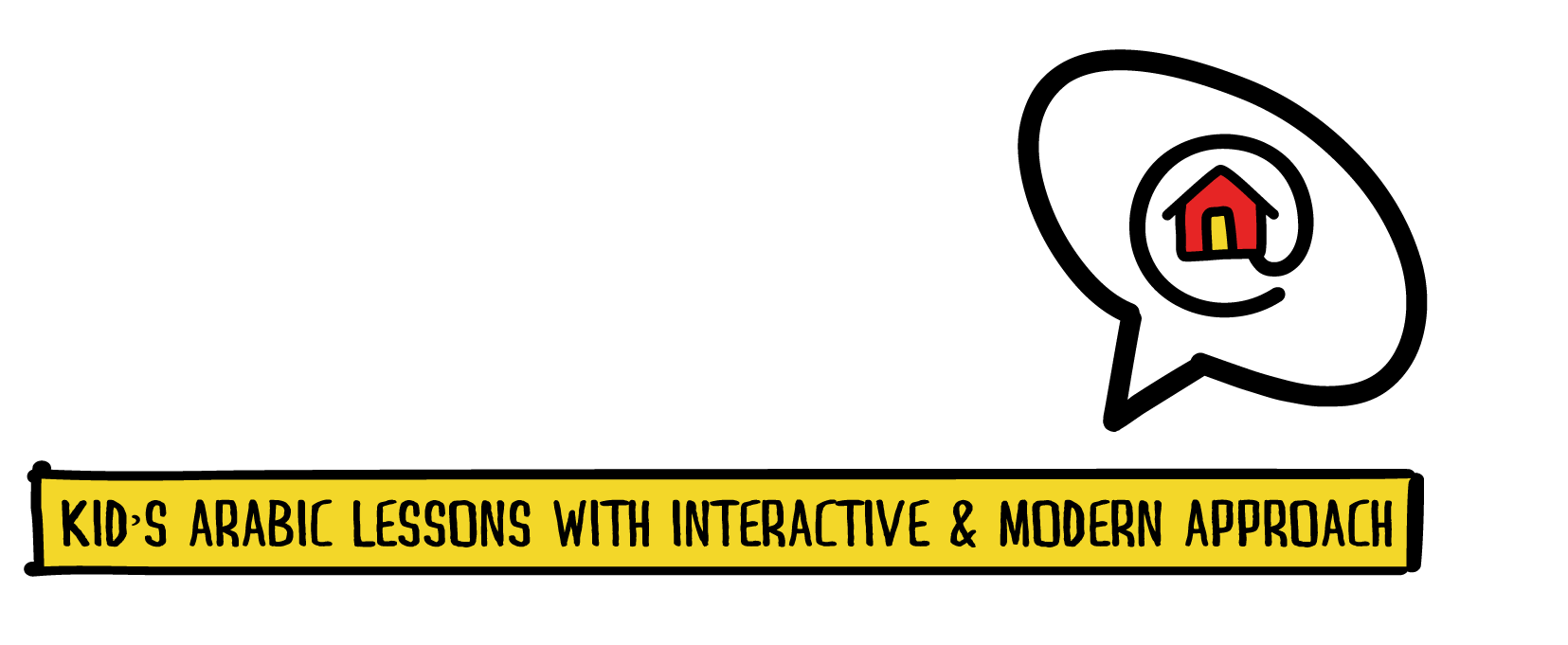Fun & Educational Ways to Keep Your Child Engaged During Summer
School’s out, but the learning doesn’t have to stop! This summer, keep your child’s Arabic skills sharp and growing with these engaging activities that combine fun with educational value.
Level Up with Learning Games
Learning doesn’t have to feel like work! Transform classic games into Arabic vocabulary builders. Engage your child in a playful language-learning activity by making Arabic bingo cards together. This interactive game is suitable for children of all ages and can be adapted to their skill level. By combining words and pictures, you’ll reinforce spelling and vocabulary identification in a fun and memorable way.
Take a familiar game like “I Spy” and add a language twist for boosted descriptive skills. Play “I Spy” using Arabic descriptions. “أنا أرى شيئًا أحمر “ (I spy with my little eye something red). This encourages descriptive language skills in a fun, interactive way.
Play an Arabic word chain game to extend the fun and improve pronunciation and vocabulary. In this game, each word must start with the letter that came before it. It’s an excellent method for practicing pronunciation and expanding one’s vocabulary in a fun and interesting way.
Embrace Technology for Learning
Consider utilizing websites like Kalima, which offer Arabic lessons throughout the summer. Through Kalima, your child will have access to interactive activities, personalized guidance, and structured learning experiences, ensuring continual advancement in Arabic proficiency. Additionally, Kalima provides online one-on-one sessions, allowing for tailored instruction to meet your child’s specific learning needs. Embracing technology in education not only enhances your child’s interest but also creates abundant opportunities for language learning.
Storytime Sessions on the Internet
Storytime sessions on the internet can introduce your child to captivating Arabic stories. Look for apps or internet channels that provide storytime sessions in Arabic. This helps your child learn new vocabulary in a context appropriate for them, exposes them to interesting stories, and enhances their listening comprehension.
Additionally, explore Arabic podcasts for kids covering a range of subjects. Look into educational podcasts for children in Arabic. These can delve into science, history, folk tales, or anything in between. They provide your child with convenient entertainment while enhancing their listening abilities and exposing them to spoken Arabic.
Crafty Learning Adventures
Design a memory game or matching exercise to test and reinforce Arabic vocabulary knowledge. Make flashcards with Arabic words on one side and their English translations on the other. Play memory games or matching exercises to test and reinforce vocabulary retention in a hands-on way.
Encourage creative expression and writing skills with an Arabic journaling project. Encourage your child to keep a daily journal in Arabic. They can write about their day, describe their summer adventures, or even write short stories. This builds writing skills and allows for creative expression in Arabic while offering a personal record of their summer experiences.
Remember: Consistency is key! Short, daily activities are more effective than long, infrequent study sessions. Most importantly, keep the atmosphere positive and fun! Let your child know that learning Arabic is an exciting adventure, and celebrate their progress along the way. By incorporating these educational activities into your child’s summer routine, you can ensure that their Arabic skills not only stay afloat but also continue to blossom!
Let’s nurture creativity and expand horizons through Kalima’s engaging online platform. Experience the richness of our online sessions, where personalized one-on-one learning takes center stage. Cultivate your child’s creativity and reach out to secure the first online Arabic Learning session with KALIMA! Feel free to call us at 96181701455 or drop us an email at info@kalima-lessons.com.
Recommended Reads: https://kalima-lessons.com/building-confidence-in-speaking-arabic/


